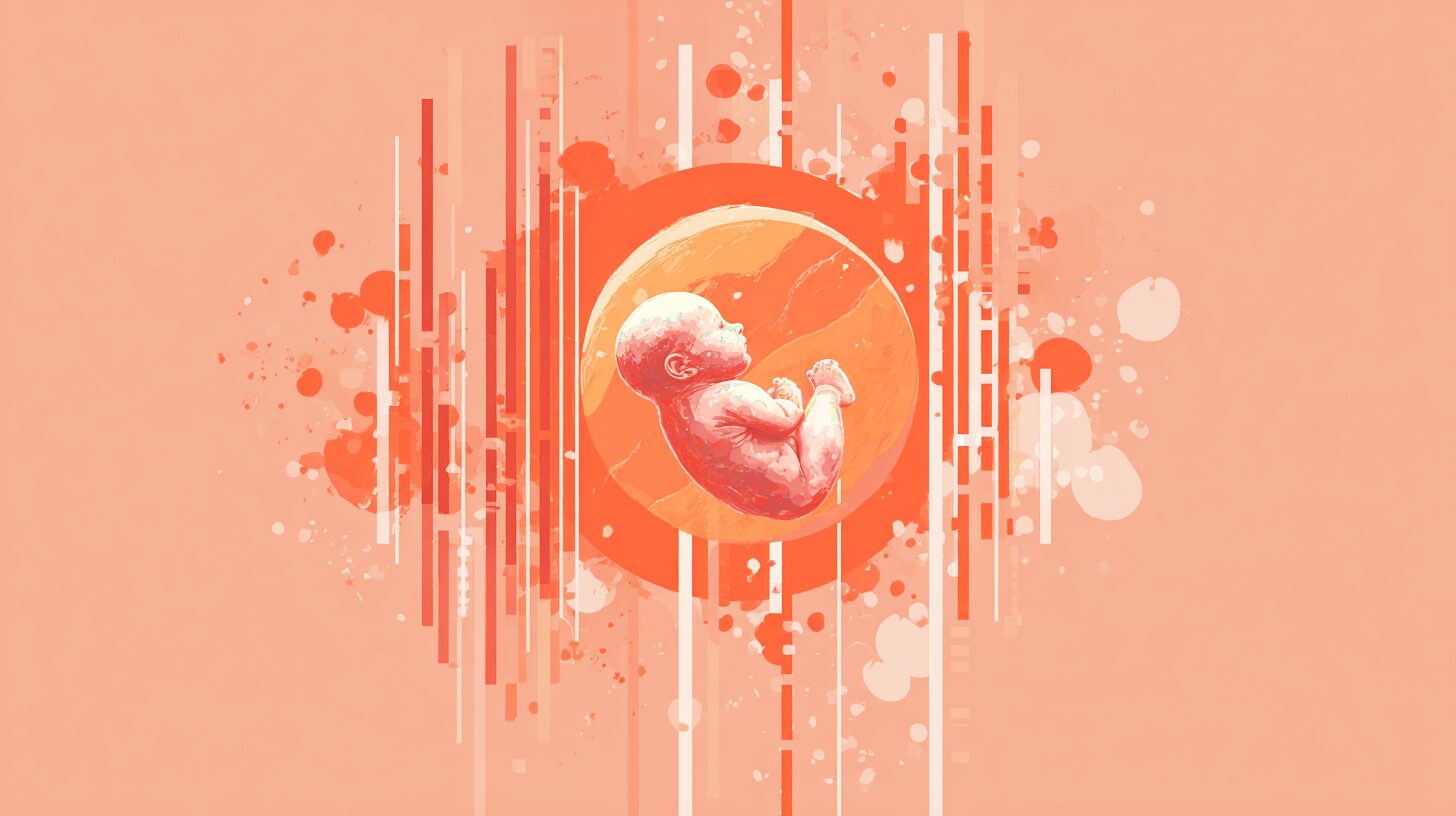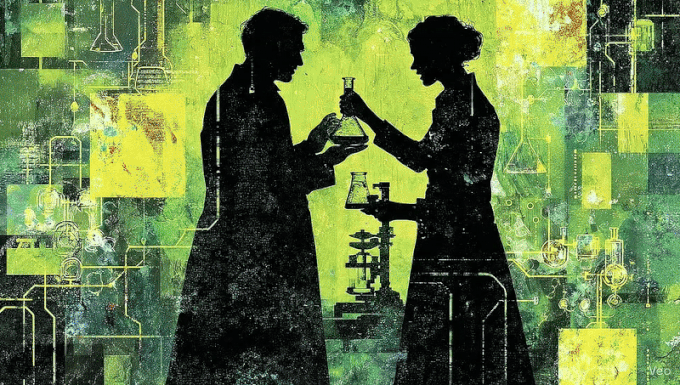Summary: New genetic screening technologies may soon allow parents to select embryos based on predicted risk for hundreds of diseases, potentially reducing the incidence of severe childhood conditions like Tay–Sachs and SMA I. This has sparked ethical debates about reproductive freedom, disability rights, and inequality. Philosopher Jessica Flanigan defends access to embryo information, arguing that ethical drawbacks don’t outweigh the benefits of empowering parents to promote well-being in future generations through genetic screening.
Starting with an inability to crawl, sit up, or turn over, infants with Tay–Sachs disease soon experience seizures, severe hearing loss, and paralysis—and can expect to live no more than five years before the neurons in their spinal cord and central nervous system give out.
Because of congenital heart defects and fatal respiratory problems, only 60 to 75 percent of infants born with Edwards syndrome live past the first week of life, and only 10 percent live past their first year.
Without medical interventions, such as the $2 million gene therapy Zolgensma, infants with spinal muscular atrophy type 1 (SMA I) often die from respiratory failure within the first two years of life, making SMA I the most common genetic cause of death for infants.
On June 4, 2025, Nucleus Genomics announced that it will offer preimplantation genetic disorder screening for in vitro fertilization embryos, which can predict 900 conditions, including genetic abnormalities and propensities for Alzheimer’s, heart disease, and various cancers. Although the accuracy of polygenic screening is contested, Nucleus’s founder, Kian Sadeghi, argues that prospective parents ought to be privy to what genetic variants will predispose their children to diseases.
For instance, although heart disease is in large part determined by one’s lifestyle choices, parents may prefer an embryo without a genetic predisposition for heart disease if they’ve lost loved ones to heart attacks and strokes. Thus, Nucleus’s screening, if accurate, would not only prevent tragic premature deaths from fatal genetic disorders but also increase potential well-being and longevity for individuals well into their adult lives.
Nucleus Genomics plans to charge $5,999 for the service. As of July 2025, no other preimplantation screening of a similar scope is offered at a price that low—other companies’ prices often range from $15,000 to $20,000. Thus, there may be a future where extensive genetic prescreening is more affordable for couples undergoing in vitro fertilization (IVF). Nucleus also intends to include prediction of physical characteristics such as height, hair color, and eye color for the given embryos.
What are we to think of this innovation? The philosopher Jessica Flanigan from the University of Richmond is finishing her book, The Ethics of Expecting, in which she argues that an important aspect of reproductive freedom is the freedom to access information on the embryos being implanted in your body. In an interview with Flanigan, I raised some common objections to embryonic screening. Here are her responses.
Some bioethicists worry that selection based on certain traits in embryonic screening expresses to the world that people with certain traits are less valuable (“the expressivist objection”). This is particularly pertinent for members of disabled communities, such as people who are deaf or blind, traits that may be routinely selected against.
Flanigan acknowledges that one can feel hurt that some of their particular traits are not selected for by other people. However, this harm is not too different from the harm one may feel when selected against in dating.
Furthermore, this harm does not oblige other people to select the traits the offended people have. Flanigan recognizes that the ableist discrimination some disabled people face is a serious injustice. “We should focus more on supporting existing disabled people, but this does not obligate us to create more disabled people so that the existing disabled people can feel supported,” says Flanigan. She adds that when it comes to reproductive rights, “disabled people are not entitled to limit the freedom of nondisabled people.”
Some worry that even at Nucleus’s lower price, only the rich will be using embryonic screening, and thus their offspring will be even more advantaged compared with low-income children.
As Flanigan argues, the US health care market drives innovation for the whole world. Its market incentives encourage more companies to invest in research and development and in quickly producing new drugs and medical technologies. When these drugs and technologies are first introduced to the market, they are often available only to those who can afford them and thus necessarily create short-term health inequalities.
Once a technology or drug is publicly recognized as effective, however, insurers begin to cover that innovation, and the treatment becomes more widely available to the public. Even if these short-term inequalities do harm, it’s hard to justify restrictions given the potential for long-term equality. “You would never say we should have never made the computer because early on only rich people had access to computer processing and that wasn’t fair. Because now you can get a laptop on Amazon for $65,” Flanigan notes.
Furthermore, Flanigan argues that assisted reproduction at large can create greater social equality—for example, helping gay couples start families. Embryonic screening will also allow couples with genetic predispositions to severe diseases to ensure that their future children lead healthier lives than their ancestors.
A compelling argument against advanced embryo selection of this kind is that the world would lose an important diversity of human experience if all embryos were selected for the most advantageous qualities. In Denmark, for instance, only 23 to 35 children per year were born with Down syndrome between 2004 and 2020 as a result of increases in prenatal screening, despite nearly all individuals with Down syndrome reporting high life satisfaction.
This diversity concern, Flanigan thinks, is a bit overblown. “The human genome is incredibly rich and diverse.” We live in a gene pool with more and more people reproducing outside of their race, region, and ethnicity. Even if we all select the tallest out of a given set of embryos, Flanigan argues, this would not meaningfully diminish the genetic diversity and randomness of the human genome.
Importantly, “there are some kinds of diversity we don’t experience, and that’s great! Today, there is less variation in how many children die before they’re five.” If we can limit the diversity of infant suffering or painful genetic diseases, this would improve the well-being of future generations.
Perhaps some will decide that they would rather select for rather than against Down syndrome, knowing that their children may be happier. That selection, however, ought not to be decided by anyone besides those procreating. Flanigan predicts that many couples will reject the practice of embryo selection completely and thus there will still be “naturally” genetically diverse embryos. Whether or not you are convinced by these arguments, it is important to note that embryo selection is not the same as a “designer baby” or using genetic tailoring such as CRISPR to control for particular traits. The embryo a couple selects could possibly have been the one that was born naturally; it was one probability among many.
Even if couples were more inclined to pick embryos with particular physical traits, it is unclear that these preferences would be stable across time, as cultural norms and beauty standards shift. For instance, despite a stronger preference for males during China’s one-child policy, The Economist recently reported a preference shift for females among new parents.
Nevertheless, IVF is still not widely used. It is characterized by high prices ($15,000 to $30,000 for each cycle) and invasive procedures, and we are far from a future where all soon-to-be parents select among embryos. But if preimplantation genetic disorder screenings for IVF do become common and accurate, future generations may be healthier than ever before.





